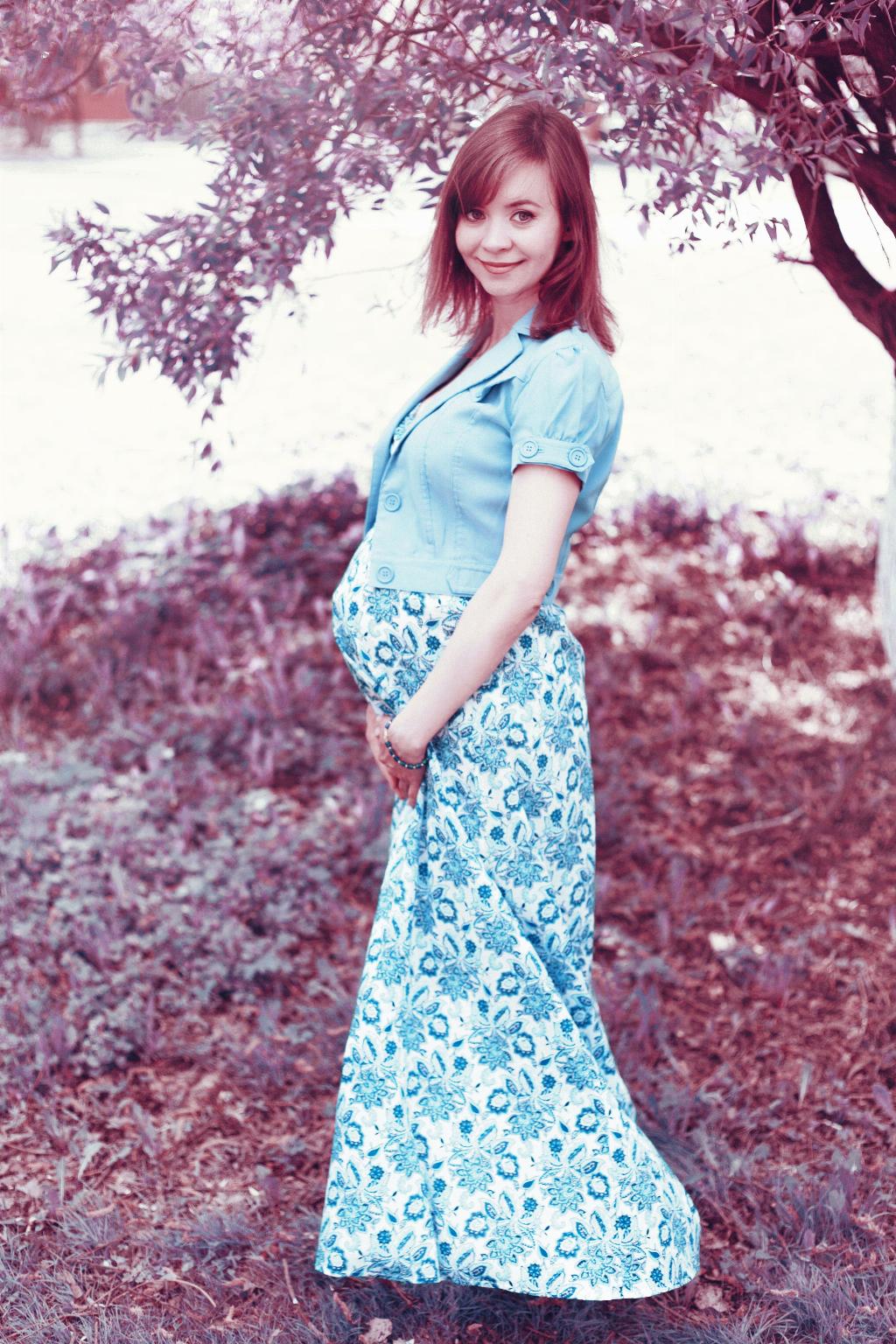When it comes to skincare during pregnancy, one common question that many expecting mothers have is “When should I start using pregnancy lotion?” This is a valid concern, as taking care of your skin during pregnancy is essential for both the mother and the baby’s well-being. The timing of when to start using pregnancy lotion can play a crucial role in maintaining skin health and preventing stretch marks.
It is recommended to start using pregnancy lotion from the third month of pregnancy onwards. This timeframe is significant because it is around this time that the mother may start noticing changes in her skin due to stretching. By beginning to use pregnancy lotion early on, you can help nourish and hydrate your skin, promoting elasticity and reducing the likelihood of developing stretch marks.
The key is to start using pregnancy lotion as soon as you see the first signs of stretch marks. It’s essential to be proactive in your skincare routine to prevent stretch marks rather than trying to treat them after they have already appeared on your skin. By being consistent with applying pregnancy lotion, you can help maintain the health and appearance of your skin throughout your pregnancy.
Using pregnancy lotion correctly is crucial for its effectiveness. Make sure to apply the lotion consistently and generously on the areas of your skin that are prone to stretching, such as the abdomen, hips, thighs, and breasts. Massage the lotion into your skin in gentle, circular motions to help improve circulation and absorption.
Keeping your skin well-moisturized during pregnancy is essential not only for preventing stretch marks but also for relieving itching and dryness that often accompany the stretching of the skin. Pregnancy lotion is specially formulated to provide the necessary hydration and nourishment to support your skin’s elasticity and resilience during this transformative time.
When choosing a pregnancy lotion, opt for products that are specifically designed for expectant mothers and are free from harmful ingredients such as parabens, phthalates, and artificial fragrances. Look for lotions that contain nourishing ingredients like shea butter, cocoa butter, vitamin E, and natural oils that can help soothe and protect your skin.
Every pregnancy is unique, and every mother’s skin reacts differently to the changes that occur during this time. Some women may notice stretch marks earlier in their pregnancy, while others may not see them until later on. Regardless of when you start using pregnancy lotion, consistency and proper application are key to reaping its benefits.
In addition to using pregnancy lotion, it’s essential to maintain a healthy diet, stay hydrated, and engage in regular exercise to support your skin’s health and overall well-being during pregnancy. Taking a holistic approach to skincare can help you feel confident and comfortable in your changing body as you prepare to welcome your little one into the world.
Remember, self-care during pregnancy is not selfish but rather a necessary part of nurturing yourself and your growing baby. By starting to use pregnancy lotion early on and making it a part of your daily skincare routine, you can help protect and pamper your skin throughout this incredible journey of motherhood.
In conclusion, the ideal time to start using pregnancy lotion is from the third month of pregnancy onwards, as this is when your skin may begin to show signs of stretching. By being proactive and consistent in applying pregnancy lotion, you can help support your skin’s elasticity, prevent stretch marks, and keep your skin healthy and radiant throughout your pregnancy.

